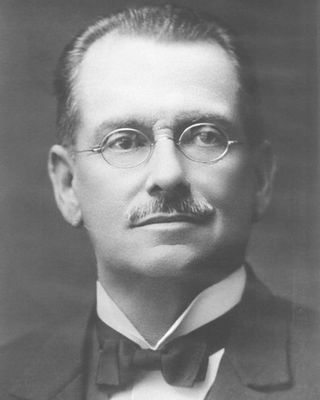
The content of this page may infringe on the copyright of the source(s) below, which is now listed at the copyright problems page :
Wikipedia takes copyright very seriously. If the content is not sutitably licensed, it may be removed one week after the time of its listing (i.e. after 21:47, 11 November 2023 (UTC)). For more information on our copyright violations policy, please see this page.
Please note this is about the text of this Wikipedia article; it should not be taken to reflect on the subject of this article.
Do not restore or edit the blanked content until the issue is resolved by an administrator, copyright clerk or VRT agent.
- You must permit the use of your material under the terms of the Creative Commons Attribution-Sharealike 4.0 International License (CC BY-SA 4.0) and the GNU Free Documentation License (GFDL) (unversioned, with no invariant sections, front-cover texts, or back-cover texts).
- Explain your intent to license the content on this article's discussion page.
- To confirm your permission, you can either display a notice to this effect at the site of original publication or send an e-mail from an address associated with the original publication to permissions-en
 wikimedia.org or a postal letter to the Wikimedia Foundation. These messages must explicitly permit use under CC BY-SA and the GFDL. See Wikipedia:Donating copyrighted materials.
wikimedia.org or a postal letter to the Wikimedia Foundation. These messages must explicitly permit use under CC BY-SA and the GFDL. See Wikipedia:Donating copyrighted materials. - Note that articles on Wikipedia must be written from a neutral point of view and must be verifiable in published third-party sources; consider whether, copyright issues aside, your text is appropriate for inclusion in Wikipedia.
Your rewrite should be placed on this page, where it will be available for an administrator or clerk to review it at the end of the listing period. Follow this link to create the temporary subpage.
- Simply modifying copyrighted text is not sufficient to avoid copyright infringement—if the original copyright violation cannot be cleanly removed or the article reverted to a prior version, it is best to write the article from scratch. (See Wikipedia:Close paraphrasing.)
- For license compliance, any content used from the original article must be properly attributed; if you use content from the original, please leave a note at the top of your rewrite saying as much. You may duplicate non-infringing text that you had contributed yourself.
- It is always a good idea, if rewriting, to identify the point where the copyrighted content was imported to Wikipedia and to check to make sure that the contributor did not add content imported from other sources. When closing investigations, clerks and administrators may find other copyright problems than the one identified. If this material is in the proposed rewrite and cannot be easily removed, the rewrite may not be usable.
- Do you own the copyright to this content?
- Can you show that the content is freely licensed on the talk page?
- Can you rewrite the page to remove the infringing material?
If you have tagged the article for investigation, please complete the following steps:
- Add the following to the bottom of Wikipedia:Copyright problems/2023 November 4:
* {{subst:article-cv|João Neves da Fontoura}} from https://www.academia.org.br/academicos/joao-neves-da-fontoura/biografia. ~~~~ - Place this notice on the talk page of the contributor of the copyrighted material:
{{subst:Nothanks-web|pg=João Neves da Fontoura|url=https://www.academia.org.br/academicos/joao-neves-da-fontoura/biografia}} ~~~~ - To hide a section instead of an entire article, add the template to the beginning of the section and {{ Copyvio/bottom }} at the end of the portion you intend to blank.








